- Eczema (dry, itchy, and inflamed skin).
- Psoriasis (thick, scaly skin patches).
- Dermatitis (skin irritation from allergies or chemicals).
- Rashes (including allergic reactions).
- Insect bites (to reduce swelling and itching).
- Wash and dry the affected area before applying the cream.
- Apply a thin layer to the skin once or twice a day, or as prescribed by your doctor.
- Do not cover the area with a bandage unless your doctor advises it.
- Avoid using it on the face unless directed by a doctor.
- Do not use it for longer than recommended, as overuse can cause side effects.
- Skin thinning (if used for a long time).
- Burning or itching at the application site.
- Stretch marks (with long-term use).
- Acne or redness.
- Severe allergic reactions (rash, swelling, or trouble breathing).
- Hormone changes (if used in large amounts over a long period).
- Do not use on broken skin, open wounds, or infected areas.
- Avoid using it near the eyes, mouth, or groin.
- Pregnant or breastfeeding women should consult a doctor before use.
- If skin irritation gets worse or does not improve, stop using the cream and see a doctor.
What is Triamcinolone Cream?
Triamcinolone cream is a medicated skin cream used to treat itching, redness, swelling, and other skin problems. It contains triamcinolone acetonide, which is a type of steroid that helps reduce inflammation.
How Does Triamcinolone Cream Work?
Triamcinolone is a corticosteroid, meaning it helps reduce inflammation and irritation. When applied to the skin, it works by calming the immune system, which helps relieve itching, swelling, and redness caused by different skin conditions.
What is Triamcinolone Cream Used For?
Doctors prescribe Triamcinolone cream for conditions such as:
How to Use Triamcinolone Cream
Possible Side Effects
Most people can use Triamcinolone cream safely, but some may experience side effects, such as:
Rare but serious side effects:
Precautions and Warnings
Conclusion
Triamcinolone cream is a useful medicine for treating skin conditions like eczema, psoriasis, and rashes. When used correctly, it can help reduce itching, redness, and swelling. However, it should be used only as directed by a doctor to avoid side effects.

 Cart is empty
Cart is empty 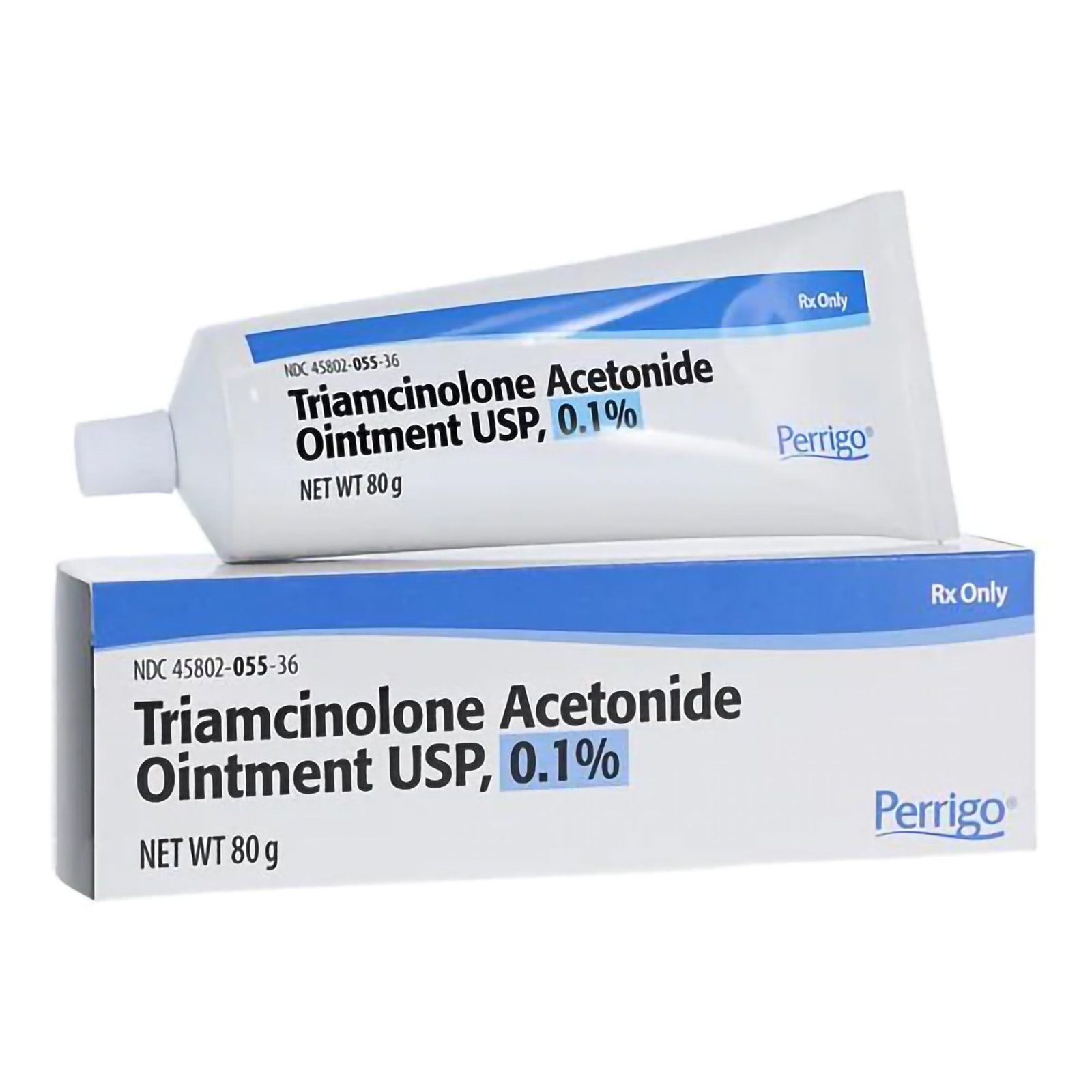
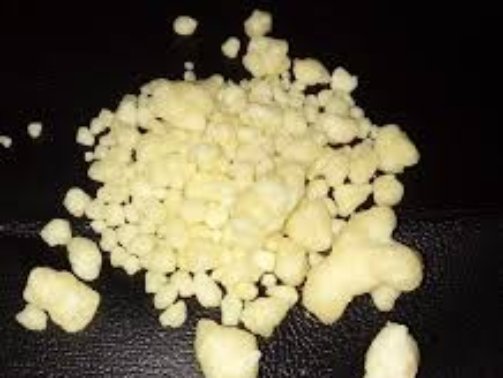
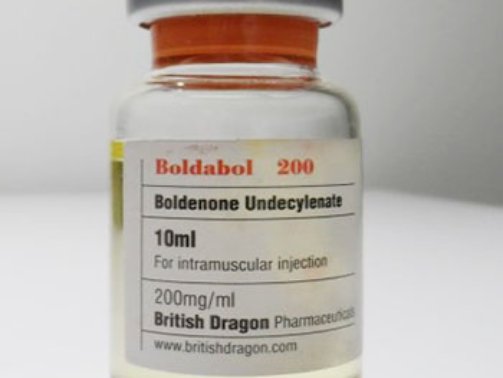
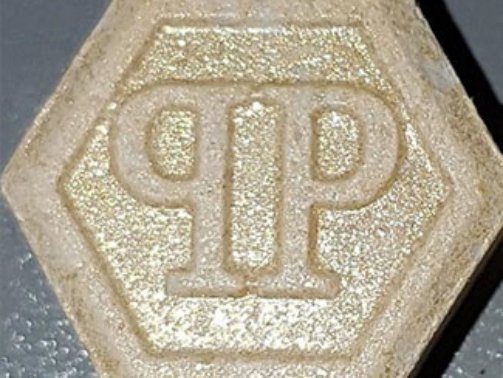



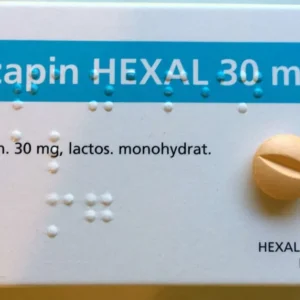
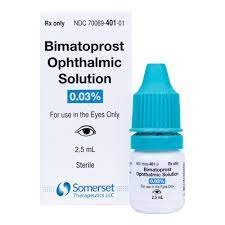
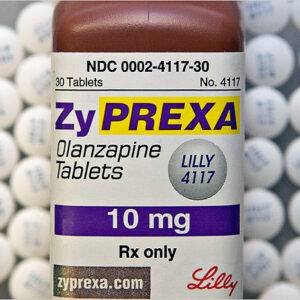
Reviews
There are no reviews yet.